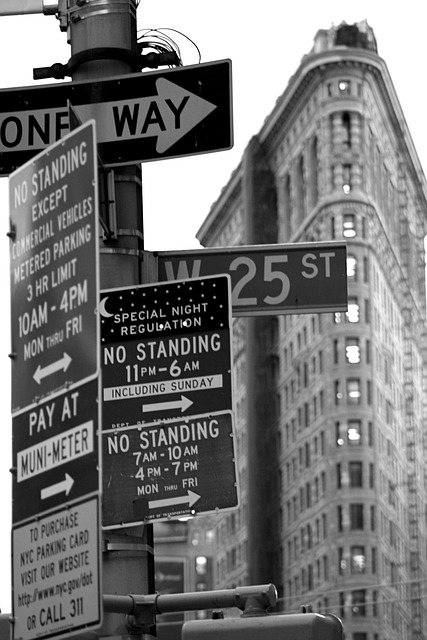Understanding New York City's debt collector laws is vital for debtors and creditors, as they protect consumers from unfair practices while ensuring legitimate claims are addressed. Key regulations include rules on contact frequency and timing, and protections based on the Statute of Limitations—6 years for written contracts and 3-4 years for oral agreements or non-contractual claims. Both parties must be aware of these time frames to protect their rights, with debtors having the right to demand validation and disputing debts within 30 days, while debt collectors must provide proof and respect boundaries under NYC's strict regulations.
“Unraveling the intricate web of New York City’s debt collection laws is crucial for both debtors and creditors. In this comprehensive guide, we’ll be exploring the temporal boundaries set by the Statue of Limitations on debt collection actions in NYC.
Understanding these legal timeframes ensures your rights as a debtor are protected. We’ll break down key aspects, offering insights into how long a debt collector has to pursue a claim in New York City, and what steps you can take to assert your rights under the law.”
Understanding New York City's Debt Collection Laws
Understanding New York City’s Debt Collection Laws is crucial for both debtors and creditors alike. The city has specific regulations in place to protect consumers from aggressive or unfair debt collection practices, while also ensuring that legitimate claims are resolved. In terms of debt collector laws NYC, the state has established a clear framework that outlines the steps debt collectors must follow when pursuing payment.
Debt collectors in NYC must adhere to strict rules regarding the timing and frequency of contact, as well as the information they can share about the debt. The statute of limitations for collecting debts in New York is typically six years for written contracts and three years for oral agreements. This means that after a certain period has passed, creditors may face challenges in enforcing payment for older debts.
What Is the Statute of Limitations for Debt Collection in NYC?
In New York City, the Statute of Limitations for debt collection suits is a crucial aspect to understand for both consumers and debt collectors alike. According to New York Civil Practice Law & Rules (CPLR), the time frame during which a creditor can sue to recover a debt is typically six years for written contracts and four years for oral agreements or claims not based on a contract. This means that if a debt collector fails to initiate legal proceedings within these periods, they may face challenges in pursuing the debt.
The Statute of Limitations begins from the date the cause of action accrues, which is often the date when the debt was incurred or when the last payment was made. For instance, if an individual receives goods or services on account and does not dispute the amount, the four or six-year period starts from that point. Being aware of these time frames is essential for both parties to ensure their rights under NYC debt collector laws are protected.
Your Rights as a Debtor in NYC: Key Takeaways
In New York City, debt collectors must adhere to strict laws and regulations that protect debtors’ rights. Understanding your rights is crucial when dealing with debt collection agencies or attorneys in NYC. The first key takeaway is that you have the right to demand validation of the debt. This means that when a debt collector contacts you, they must provide proof that the debt is legitimate and outline the amount owed. You are also entitled to dispute the debt within 30 days of receiving notice.
Additionally, debt collectors in NYC cannot harass or threaten you. They must communicate with you fairly and respectfully. If a debt collector violates these laws, you may take legal action against them. Knowing your rights allows you to navigate the process confidently and ensure that your interactions with debt collectors are conducted within the boundaries set by the New York City Debt Collection Laws.






